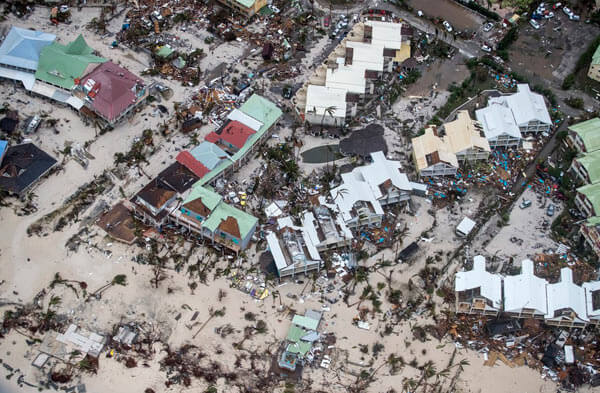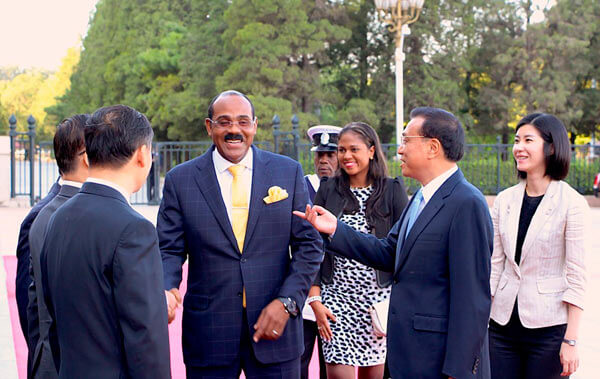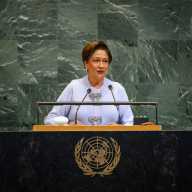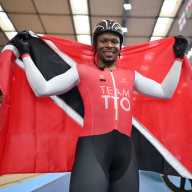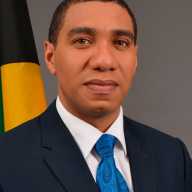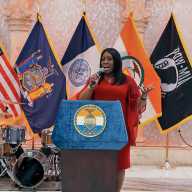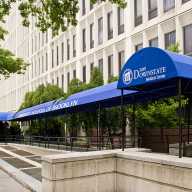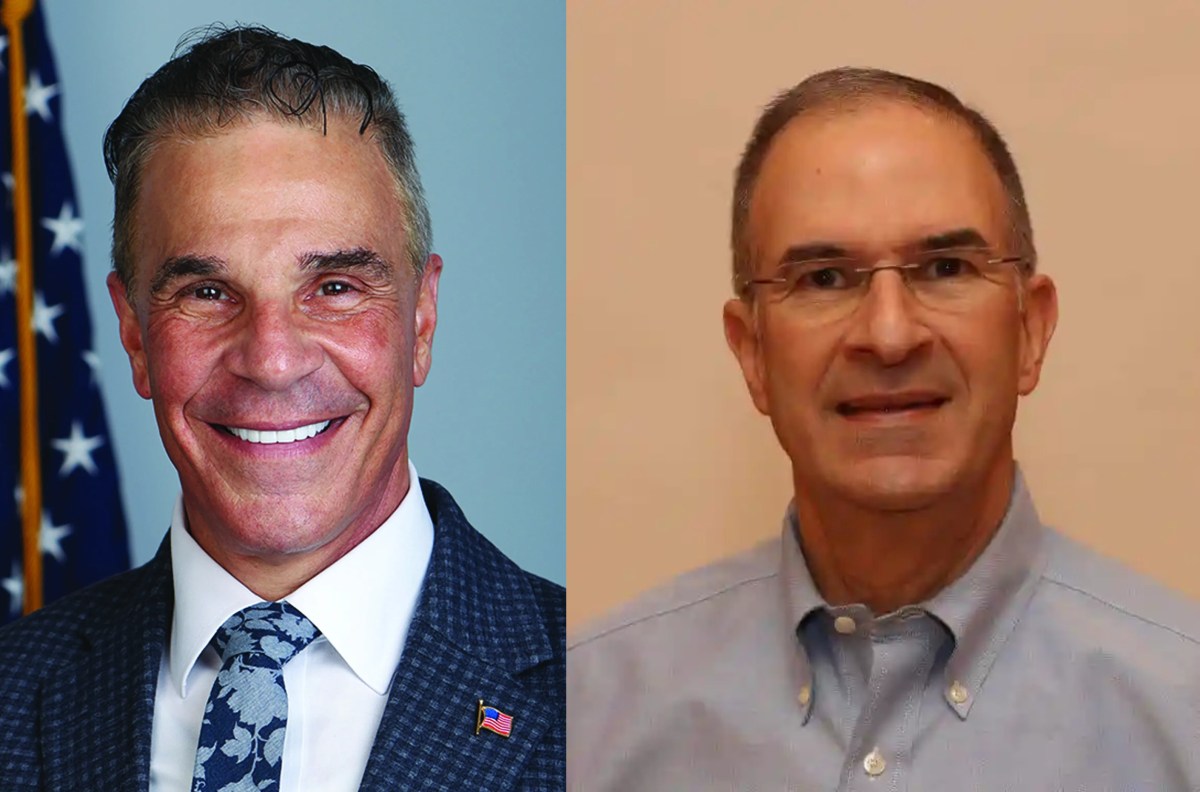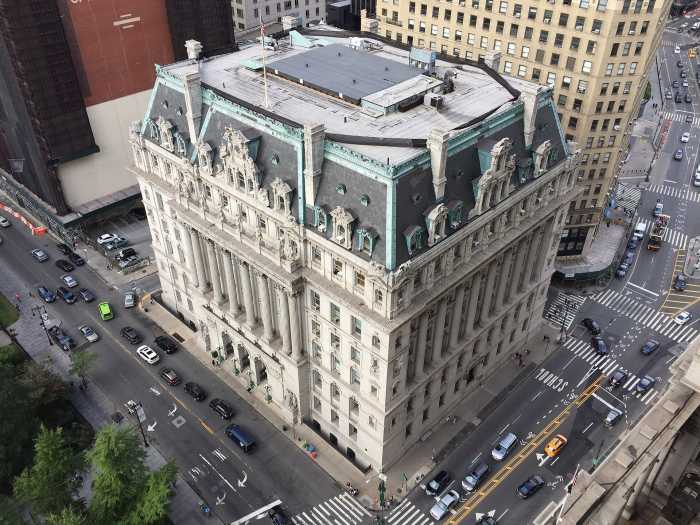Of the more than a dozen countries whose infrastructures were pulverized by the two powerful Category 5 storms last year, Barbuda was perhaps the most devastated, with about 95 percent of its buildings and installations badly damaged or destroyed.
But even as hundreds of Barbudans remain stranded in Antigua, the mainland of the twin-island federation, a major controversy is about to erupt regarding the division of ancestral lands among its estimated 1,600 residents. The other main issue has much to do with the fact that the displaced Barbudans have little hope of rebuilding their homes in the coming weeks.
Just before the close of last year, the island’s parliament approved legislation to convert communally-owned ancestral lands on Barbuda into individual plots to assist with the reconstruction process.
Authorities argue that commercial banks, which could offer loans and mortgages to native Barbudans to rebuild, would never approve applications for lands owned collectively, hence the move to allow for individual land ownership.
Most of Barbuda’s population was moved to Antigua after Hurricane Irma swept through the island in September, wreaking havoc. It had also caused some damage in Antigua, extensive destruction in Cuba, French Sint. Martin, Dutch St. Maarten, the U.S. Virgin Islands and the Turks and Caicos, among others.
But the passage of the new legislation has come with major controversies, chief among them is the belief that large parts of the bill are fraught with illegalities, as two government legislators were quick to point out during a debate this week.
The bill bans native Antiguans from owning lands in Barbuda, but does not bar Barbudans from buying and owning land in Antigua.
Saying he was accepting collective responsibility for the bill while disagreeing with some of its contents, Attorney General Steadroy Benjamin deemed it as “discriminatory and illegal” and warned about major legal challenges ahead.
“Any Antiguan can challenge this law and succeed, because Antigua and Barbuda is a unitary state. We have made certain recommendations in our amendments, Mr. Speaker, but I want the whole world to hear me say this because I’m a lawyer first and foremost. I have concerns about the lands in Barbuda being distributed to Barbudans only,” he said, echoing sentiments from other lawmakers and Antiguans in general.
The issue of communally-owned lands after slavery has now come back to haunt the country. Prime Minister Gaston Browne, likely to call general elections later this year, has acknowledged the inherent weaknesses in the bill and has promised that the issue of Antiguans buying land in Barbuda will be addressed at a later date.
He is apparently more concerned with the rebuilding process in Barbuda as hundreds remain either stranded at venues like the Sir Vivian Richards Arena and other state buildings or are still marooned at the homes of friends and relatives. Sir Robin Yearwood, a second government MP also raised similar concerns and warned of legal implications down the road.
Opposition leader Baldwin Spencer argued against the bill, as expected, suggesting that while the two islands effectively and legally function as one unitary state, this does not mean that government or the nation could operate with two discriminatory systems.
But it remains unclear if commercial banks will move to offer loans to rebuild the island as much work is left to be done, including cadastral land surveying of plots to turn them into freeheld, legal plots with all the warnings about impending legal challenges mostly from Antiguans banned from buying land in Barbuda.
Meanwhile, authorities are hoping that the few dozen Barbudans still occupying the stadium will move soon as regional and international cricketing authorities are set to inspect the facility ahead of organized competitions in the coming weeks.



